VM Productions’ film Notes From the New World may be an adaptation of Dostoyevsky’s Notes From the Underground, a story that affects a wide variety of emotions as Russian classics tend to do, usually the tormenting and psychological kind in Dostoyevsky’s case. But what makes this film directed by Vitaly Sumin unique is the comedic element brought into the film.
This is in stark contrast to the mighty Shakespeare, who defined his legacy through comedy and tragedy alike (though in this writer’s humble opinion the tragedies outweigh the comedies).
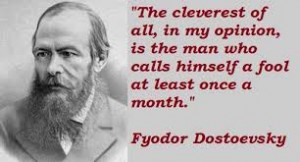 On one hand, associating comedy and laughter with Dostoyevsky is like associating Sartre with optimism: there are moments – such as when Marmeladov’s wife is beating him or when the reader learns of Raskolnikov’s article about killing in the service of genius in Crime and Punishment – where the reader isn’t sure whether to laugh or cry. And yet the impulse to laugh is still present, lurking in the darkest depths of us where few have ever shed light upon, and few better than the Master of Petersburg himself.
On one hand, associating comedy and laughter with Dostoyevsky is like associating Sartre with optimism: there are moments – such as when Marmeladov’s wife is beating him or when the reader learns of Raskolnikov’s article about killing in the service of genius in Crime and Punishment – where the reader isn’t sure whether to laugh or cry. And yet the impulse to laugh is still present, lurking in the darkest depths of us where few have ever shed light upon, and few better than the Master of Petersburg himself.
From this perspective, it is only natural for a writer like Dostoyevsky to address our more comical sides.
There are several instances where Dostoyevsky put aside the doom and gloom from time to time (as best he could) to add to the bibliography of Russian classics with his own style of upbeat hilarity. Just as Steinbeck could remain interesting outside of the Salinas Valley region or the Hoovervilles of Bakersfield, Dostoyevsky’s ventures into lightheartedness similarly show another side of him that isn’t always present, if ever, in his major works but that is nevertheless unique among Russian classics.
Dostoyevsky’s first recognizably comical story was The Double, a Gogolesque affair received with lukewarm enthusiasm by the critics when it first came out in 1846. A sign, perhaps, that the universe did not want Dostoyevsky to be a funny man, that it was not his destiny. 171 years later, however, the story about a socially awkward clerk who is ruined by his doppelganger still generates laughs at the timeliest of moments.
Nineteen years after and a few years before writing Demons – one of the most relevant Russian classics to comment on society – Dostoyevsky flirted with parody in The Crocodile, a short story in which a man gets eaten by an enormous crocodile and then decides that he’s actually quite comfortable inside. This leads his wife to consider divorcing him within the same day and leaves his friend, the first person protagonist, in a rather embarrassing situation. While Dostoyevsky denied that it was a parody (at least regarding the fate of the Russian socialist Chernyshevsky), The Crocodile still brings out the shortcomings of numerous kinds of people in the entertaining way that satires do when people are placed in unusual situations. It is also a curious example of a 19th century story with a strange exotic creature (think Edgar Allan Poe’s The Murders in the Rue Morgue).
His strongest comedy, however, would be The Gambler (although tragicomedy would be a more fitting term). Famously written to pay off Dostoyevsky’s own gambling debts (and the story thatled to him meeting his stenographer and future wife, Anna Grigorevna), The Gambler, perhaps the strongest fiction written about this notorious addiction, defies the odds that its tragic author was placed in at the time to become one of the best psychological comedies ever written. One can only continue to chuckle at the predictable albeit enjoyable mental gymnastics that the protagonist, Alexei Ivanovich, and the other gambling characters formulate when the urge to play just one more round of roulette and double their winnings takes hold of them. If Dostoyevsky was playing Russian roulette with his publishers and debtors, the absence of a bullet, along with this entertaining approach to a self-defining and yet self-destructive habit, must have put a smile on his face the whole time.
Though otherwise consistent with his darker style in his major works and the lions share of his short stories, other short stories of his, such as A Nasty Story, also contain comedic elements.
For further reading on Dostoyevsky’s humor we strongly recommend Problems of Dostoevsky’s Poetics by the scholar of genius Mikhail Bakhtin.
“This book is not only a major twentieth-century contribution to Dostoevsky’s studies, but also one of the most important theories of the novel produced in our century. As a modern reinterpretation of poetics, it bears comparison with Aristotle. “Bakhtin’s statement on the dialogical nature of artistic creation, and his differentiation of this from a history of monological commentary, is profoundly original and illuminating…”
The Bloomsbury Review
Images – selection and editing – Ann Bergstedt, VM Productions
***
Want to know more about the films we make? Sign up to learn more about our methods, our projects, the upcoming premiere and
grab our FREE e-book (click on the cover below)!

 Follow us through our social media on Twitter, Facebook, Google+, Pinterest, Tumblr, Instagram and Goodreads
Follow us through our social media on Twitter, Facebook, Google+, Pinterest, Tumblr, Instagram and Goodreads
We hope to see you back here soon!-


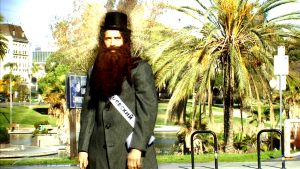
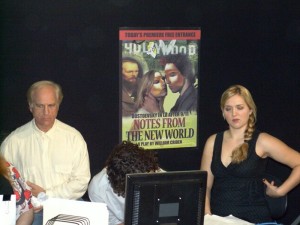
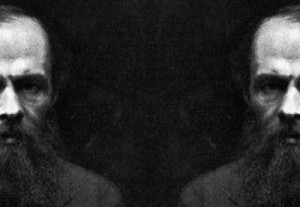
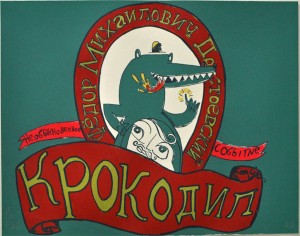
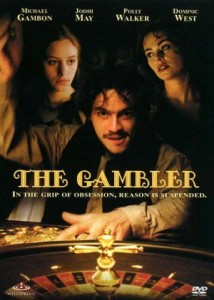
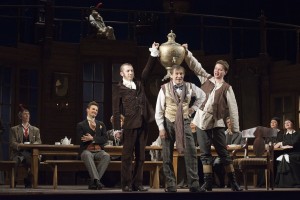
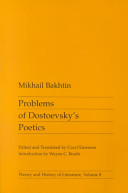
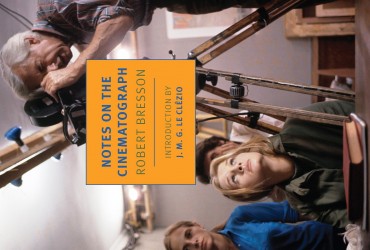
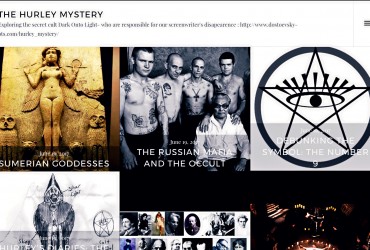
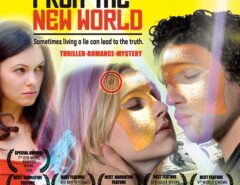
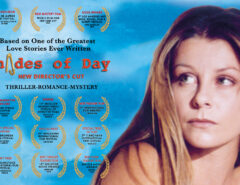

1 Comment